Behavioural traps - The endowment effect
Categoria:
Video
We often tend to put a much higher value on things that we already own compared with what we would be prepared to pay for them, and this is known as the 'endowment effect'. We value our possessions more just because they're ours and so we overestimate their worth, to the point that we would pay far more than their actual price!
We need to try NOT to give too much importance or value to things that we can easily replace: for example, even though 'we're comfortable' with 'our' bank, it would be better to switch to another bank if it offers a financial product or service that is more suited to our specific needs.
To find out more, watch our video on this topic.


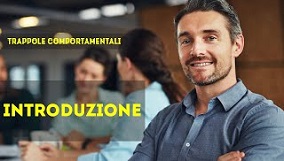
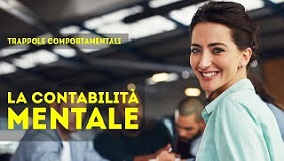
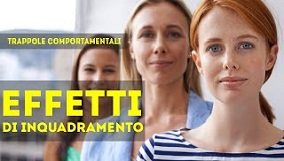

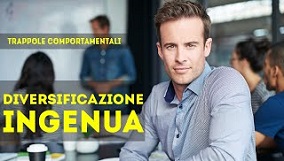
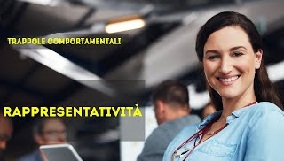
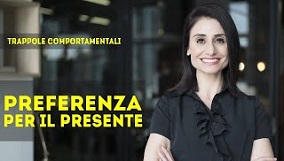


 Youtube
Youtube
 X - Banca d’Italia
X - Banca d’Italia
 Linkedin
Linkedin
 RSS
RSS